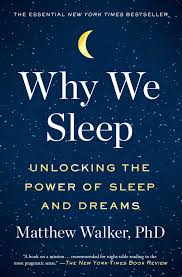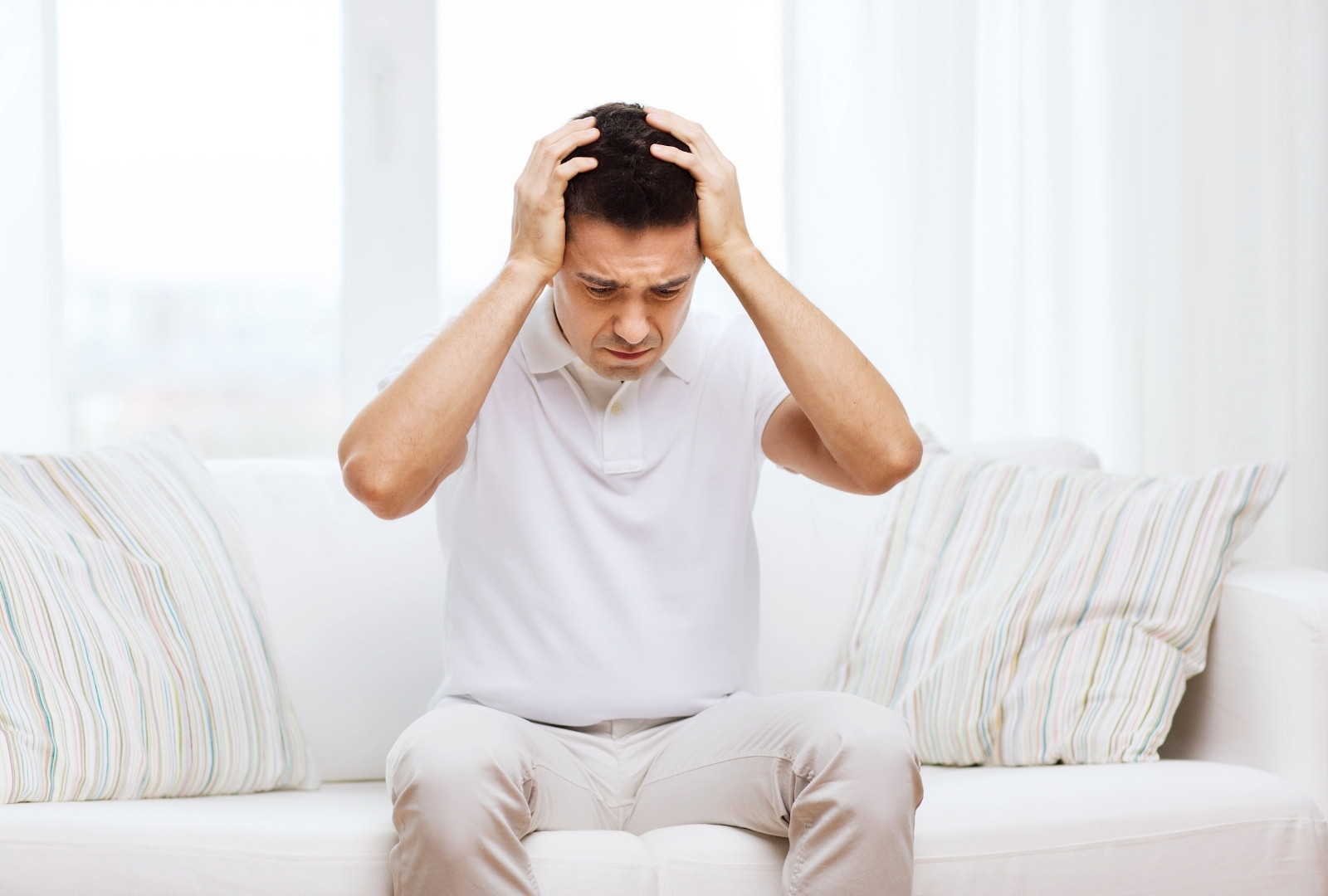Did you know that one out of every two adults in the Western world isn’t getting enough sleep?

It’s gotten so bad that the World Health Organization has officially labeled insufficient sleep as a global pandemic.
Bonjour, in this video, I want to share a simple piece of advice that could make a world of difference to your health, energy levels, and productivity.
As I speak, it’s 9:30 PM, and I’m just about to hit the hay. If you could see behind me, you’d notice that it’s pitch dark on my balcony—a serene evening setting. Now, when I work with leaders, one of the most common complaint I hear is about how exhausted they feel, constantly playing catch-up with their sleep on weekends, and the toll it takes on every aspect of their lives.

If you’re keen to dive deeper into the topic of sleep, there’s one expert I highly recommend: Matthew Walker. He’s a neuroscience and psychology professor at Berkeley, and his book “Why We Sleep” is an absolute game-changer.

Among his many pearls of wisdom, one simple yet profound piece of advice stands out: “Don’t set an alarm to wake up; set a clock to go to bed.”
Walker suggests establishing a consistent bedtime routine, and for me, that means winding down around 9:20-9:30 PM, aiming to be asleep by 10-10:15 PM. In the morning, I let my body wake up naturally around 5:45 AM, without the need for a blaring alarm—unless, of course, I’ve got an early flight to catch.

Adopting this approach has completely transformed my mindset. I’ve become steadfast about prioritising my bedtime and ditching the morning alarm clock.
So, my questions for you are this: Firstly, are you getting enough sleep? And secondly, do you have a bedtime routine in place rather than relying solely on your morning alarm?
This is this week’s Work Smarter: Live Better tip.
Wishing you a lovely day, a restful night’s sleep and a rejuvenated day ahead!
A bientôt,
Cyril




